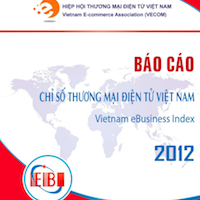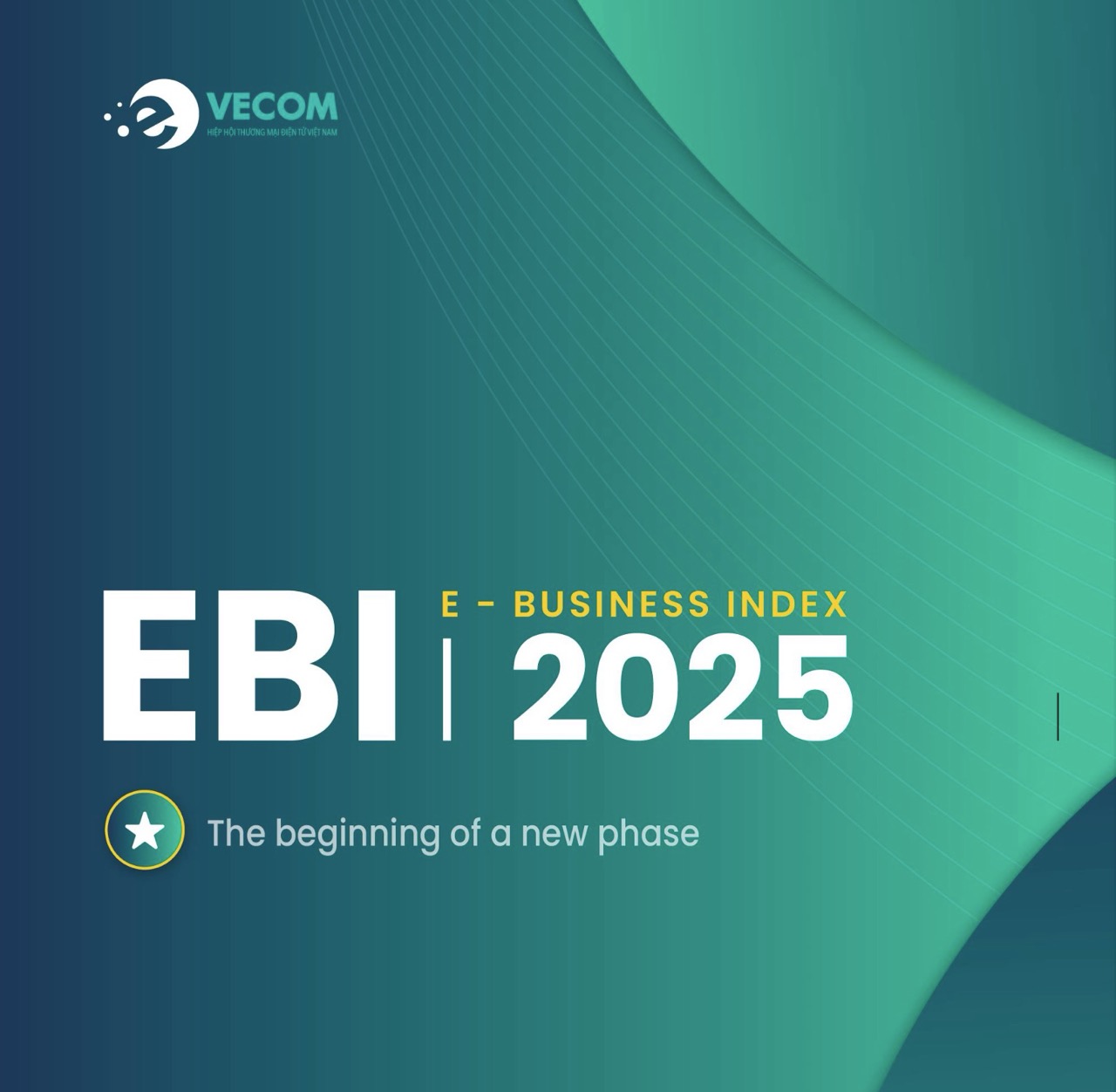Until 2012, there were a number of Departments of Industry and Trade actively surveying e-commerce application situation in the locality. However, these surveys hardly conducted annually without a unified method so that the results have not been disseminated and widely used. In that context, E-business Index (EBI) helped locality have an overview of the development of e-commerce in the country as well as at its local.
Since EBI was built for provinces and municipalities, VECOM advocated to closely co-ordinate with the state management agency on e-commerce in the localities. On July 24th, 2012, VECOM sent dispatch No. 11/VECOM-VP to all Departments of Industry and Trade requesting to coordinate the implementation of the E-Business Index 2012 Program. Next, VECOM continued to send dispatch No. 20/VECOM-VP to Departments of Industry and Trade requiring to continue to coordinate and support in investing business activities and report to key officials’ Association in charge of e-commerce.
During the process of building EBI, VECOM has exchanged and received enthusiastic support from Information Technology Application Agency, Ministry of Information & Communications (DIAP) on evaluation and ranking methods to provide online public services on provincial websites. At the same time, VECOM conducted comprehensive research on method and the results of building Provincial Competitiveness Index (PCI) under the support of Vietnam Competitive Idea Project under United States Agency for International Development (USAID/VNCI). PCI focused on transparency and the level of collecting information from provincial state agencies.
EBI was built based on four big criteria which were human resources and information technology infrastructure, transactions between businesses and consumers (B2C), transactions between businesses and businesses (B2B) and transactions between government management bodies and business. Based on surveying more than three thousand businesses over the country, VECOM used the method on assessing the readiness of e-commerce apps of International Development Center under Havard University to build the index for each province. Although VECOM has tried hard, this was the first time that VECOM built EBI in the context of resource constraints, it was not possible to assess all localities across the country. Reference to data from neighboring localities or equivalent development levels may be useful for provinces not included in this year’s EBI list.
We would like to express the gratitude toward all agencies, organizations, especially Vietnam Technological and Commercial Joint Stock Bank, Google, Asia Commercial Joint Stock Bank, Vietnam E-Commerce Development Center (ECOMVIET), Departments of Industry and Trade of An Giang, Daklak, DakNong, Hai Phong, Nghe An, Thanh Hoa and many VECOM’s enterprise members such as Hapecom Group, Vietnamnay have enthusiastically supported the Vietnam E-commerce Association in building E-business Index 2012.
We would like to thank all businesses over the country for spending their valuable time participating in EBI 2012 survey. This Report could have not been completed without the enthusiastic and objective help of these businesses
VECOM




 Author: VietNam E-Commerce Association VECOM
Author: VietNam E-Commerce Association VECOM
























